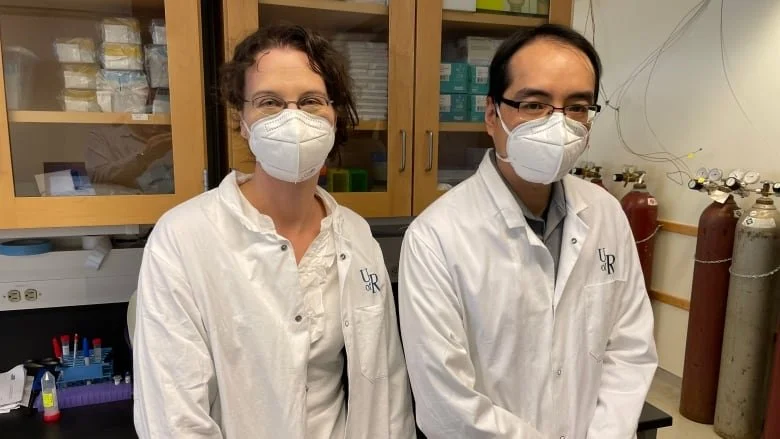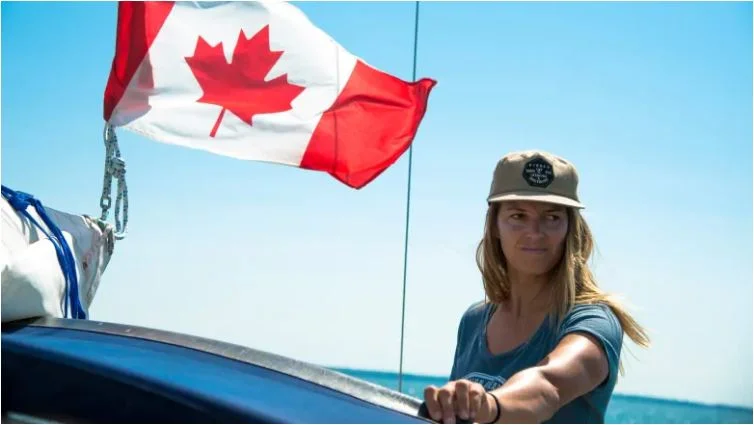Engineers must design with the risk of flooding in mind. But my research shows that if we also design with the concept of rain as a precious resource and plan to soak it up, floods will do less damage. These design ideas bring many co-benefits including cooling spaces in hot summers, cleaner air and healthier bodies, resilient food and flower gardens and access to more green space, which is accepted as beneficial for our mental health.
California, Arizona, Nevada offer landmark drought deal to use less Colorado River water -- for now
Arizona, California and Nevada on Monday proposed a plan to significantly reduce their water use from the drought-stricken Colorado River over the next three years, a potential breakthrough in a year-long stalemate over how to deal with a rising problem that pitted Western states against one another. The plan would conserve an additional 3 million acre-feet of water from the 1,450-mile river that provides water to 40 million people in seven U.S. states, parts of Mexico and more than two dozen Native American tribes.
California to meet 100% of water requests thanks to storms
California will provide 100% of the water requested by cities and farms for the first time in years thanks to winter storms that filled reservoirs and runoff from a record snowpack, regulators announced Thursday. The State Water Project will provide full allocations to 29 water agencies supplying about 27 million customers and 750,000 acres of farmland, the Department of Water Resources said. As late as March, the agency was only expecting to provide 75% of requested water supplies.
Vancouver has seen 90% less rain than usual since July, and some B.C. cities have it even worse
In a typical year, British Columbia would be well into its rainy season by mid-October. Instead, cities across the province have seen a fraction of the rain they normally would by this time of year, and unseasonably warm temperatures have set records in the province on 10 of 13 days so far this month. According to The Canadian Press, the City of Vancouver sees an average of 165 millimetres of rain between July and Oct. 14. This year, the city has received just 16 millimetres – less than 10 per cent of the average.
COVID-19 viral loads in major Sask. cities' wastewater at highest levels in months
The COVID-19 viral loads in some of Saskatchewan's major cities are the highest they've been in months, according to the latest weekly report from University of Saskatchewan researchers. Researchers with the university's Global Water Futures program have been analyzing wastewater samples from Saskatoon, North Battleford and Prince Albert for COVID-19 since summer 2020. The study's results can help predict a rise or fall of COVID-19 diagnoses about a week in advance. In an email on Sunday, the team's lead researcher John Giesy said the viral load has "increased significantly" in all three cities, continuing a 10-week trend of upticks.
Wastewater analysis shows spike in Saskatoon's coronavirus load, drop in other Sask. cities
COVID-19 levels in the wastewater of some Saskatchewan cities are plateauing or even dropping, but the level is spiking in Saskatoon, according to the latest study. The Global Institute for Water Security at the University of Saskatchewan tests the wastewater in Saskatoon, North Battleford and Prince Albert each week to determine how much COVID-19 is circulating in those centres.
Sewage science: how experts use wastewater to track COVID-19 in Sask.
Wastewater data has proven to be useful in the management of COVID-19 in Saskatchewan. So, yes, scientists have been looking at your poop. But how does the process work? Universities, cities, and utilities providers have teamed up to share data with the public and Saskatchewan Health Authority. In Regina, two biologists head up the team that looks at these samples: Tzu-Chiao Chao, a molecular biologist and Nicole Hansmeier, a microbiologist. Both are professors at the University of Regina.
How to prepare homes for extreme flooding events
As evacuation orders remain for hundreds of properties in southwest B.C., following catastrophic flooding that swept away houses and caused a municipality's wastewater system to fail — forcing its 7,000 residents to flee — experts say it's more important than ever to make homes flood resilient. This means exploring ways to mitigate property damage and better protect flood-vulnerable spaces in homes.
Drinking Water News Roundup: US Steel spill, lead pipes, First Nations boil water advisories, Ohio wetlands
From lead pipes to PFAS, drinking water contamination is a major issue plaguing cities and towns all around the Great Lakes. Cleaning up contaminants and providing safe water to everyone is an ongoing public health struggle. Keep up with drinking water-related developments in the Great Lakes area. A US Steel Plant recently spilled iron into Lake Michigan, forcing the Indiana Dunes National Park to shut down all of its beaches. Just three weeks prior, the corporation was placed under a federal consent decree, meaning it needed to enhance its environmental influence. Studies have proven that high iron levels in drinking water can cause iron poisoning and ultimately damage both the brain and the liver.
Marine biologist offers Montreal festivals an alternative to single-use water bottles
Planning on attending Osheaga in Montreal this summer? Bring along a reusable water bottle and fill it up as often as you'd like — for free. You can do that now thanks to a local marine biologist and her determination to keep plastic out of the oceans. This summer, Rachel Labbé-Bellas is unveiling her new water-refill stations at the summer festival — water-refill stations she's dubbed The Green Stop, designed to discourage people from using single-use plastic bottles and inspire environmental awareness.











